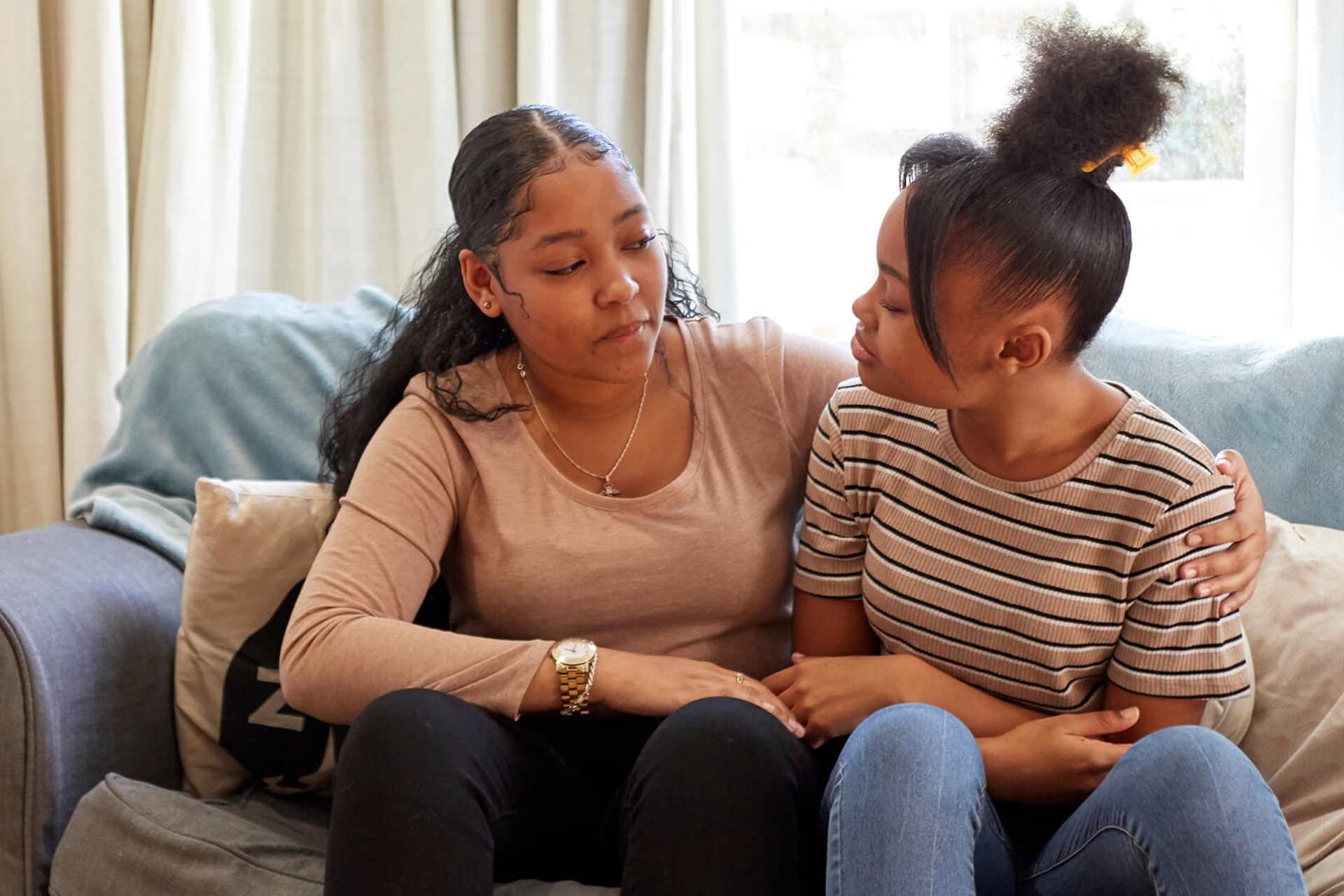Topics mentioned: coping with change, self-esteem, friends, looking after yourself at uni
About: Molly shares her experience of facing change, uncertainty and fear of rejection, and how moving away to uni helped her find strength in new beginnings.
There's a delicate balance between recognising our personal limits, understanding how much change we can truly handle, but also pushing ourselves to step past those boundaries.
Navigating change, no matter where we are in life, is never easy. The size of the change doesn’t matter - it still pulls us out of the warmth of the familiar and into the shadows of unfamiliar ground. I’m someone who finds comfort in the predictability of a structured life, so for me, that leap into the unknown is uneasy.
I grew up on the same road, surrounded by the same friends, the same schools, and my life didn't shift much. When the time came for university, the one I liked just happened to be nearly 300 miles away. I’d always known I wanted to study away, but I never imagined it would be that far. I ignored what it would actually mean to leave home.
As the miles piled up on that drive to university, the reality hit. Now, I wouldn’t change it for anything – I love my course, the campus, and the people I’ve met – but change was hard. So, here are a few things that are helping me find my way through it.
In fact, it often helps us grow. There comes a point when a fear of change shifts from self-protection to a silent cage, keeping us from reaching beyond what we know. There's a delicate balance between recognising our personal limits, understanding how much change we can truly handle, but also pushing ourselves to step past those boundaries. Because, as comforting as the familiar may be, we can grow in the spaces of uncertainty.
Change is only unfamiliar until it becomes familiar. Since moving to university, change for me now would look like living back at home. I have a new routine in my university, new friends, new hobbies and interests. Remember that the feeling of change is temporary, and you will adapt, even if it feels like it's taking a while.
If, like me, you know that adapting doesn’t always come easily, it’s important to give yourself grace and put some safety nets in place. I realised that there’s no shame in seeking extra support when you need it. This meant registering with my local GP for semi-regular physical and mental health check-ins, something I’d never done before, but something I now see as vital for maintaining balance.
Being proactive about looking after yourself isn’t a sign of weakness. I’m not entirely where I want to be, even four months into university, but I’ve learned to take both preventative and active steps towards better wellbeing. So, there’s no shame in recognising your vulnerabilities and knowing when it’s time to put a safety net beneath you. As cringe as it sounds, give yourself the best opportunity not just to survive, but to thrive.
I know it’s tempting to pull back when you’re struggling, especially when your self-esteem takes a hit. It feels safer to avoid the discomfort of being seen or vulnerable. To be completely honest, my biggest fear is rejection – the thought of being annoying or embarrassing myself terrifies me. But I’ve learned that to experience acceptance, you have to risk rejection. It’s the price you pay for connection.
More often than not, how we think others see us is distorted. Our minds are wired to make us the centre of our own universe, but the things we overthink – the moments we regret or obsess over – barely register for others. Chances are, what’s keeping you up at night has already slipped their minds. Putting this into perspective can be so freeing. Often, the fear of rejection is far bigger than the reality.
Trust me when I say this: I’ve never regretted trying something new or meeting new people. Sure, I haven’t always connected with others or enjoyed all activities I’ve tried. But every experience has taught me something valuable about myself or helped me build deeper connection with someone else. If you’re like me and struggle to put yourself out there, know that you’re not alone and it’s always worth it.
There’s no universal blueprint for how to respond to change – it's okay to be vulnerable and honest with yourself. Whether it’s seeking support or taking small steps, it’s all part of the process. Embracing change doesn’t mean abandoning who you are, but rather finding the strength to evolve, bit by bit.
It’s about recognising your boundaries, respecting them, but also pushing yourself to see beyond them. And, crucially, it’s about being patient with yourself and understanding that adaptation takes time.
Embracing change doesn’t mean abandoning who you are, but rather finding the strength to evolve, bit by bit.
More information and advice
We have tips and advice to help you find the support you need. Take a look at our guides.
Where to get help
However you're feeling, there are people who can help you if you are struggling. Here are some services that can support you.
-
Samaritans
Whatever you're going through, you can contact the Samaritans for support. N.B. This is a listening service and does not offer advice or intervention.
- Opening times:
- 24/7
-
Childline
If you’re under 19 you can confidentially call, chat online or email about any problem big or small.
Sign up for a free Childline locker (real name or email address not needed) to use their free 1-2-1 counsellor chat and email support service.
Can provide a BSL interpreter if you are deaf or hearing-impaired.
Hosts online message boards where you can share your experiences, have fun and get support from other young people in similar situations.
- Opening times:
- 24/7
-
CALM (Campaign Against Living Miserably)
Provides support to anyone aged 16+ who is feeling down and needs to talk or find information.
Free webchat service available.
Read information about the helpline and how it works.
- Opening times:
- 5pm - midnight, 365 days a year






